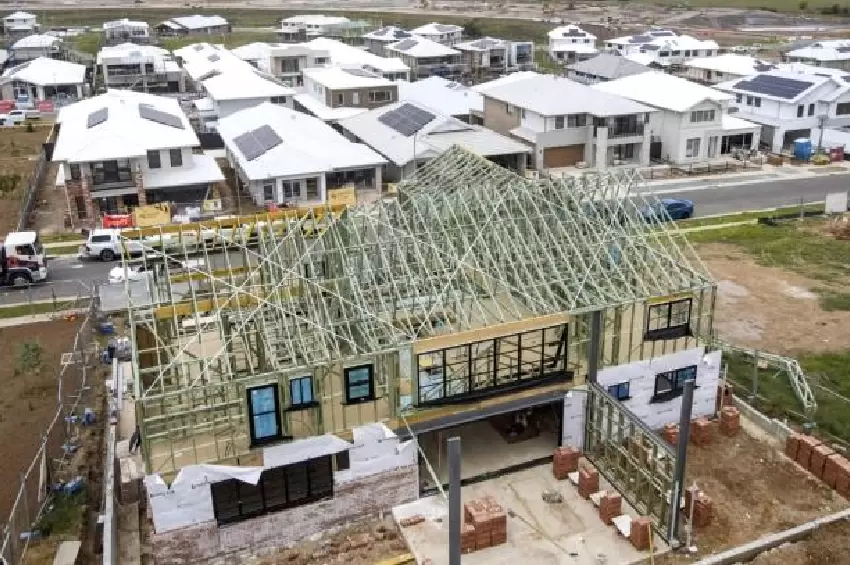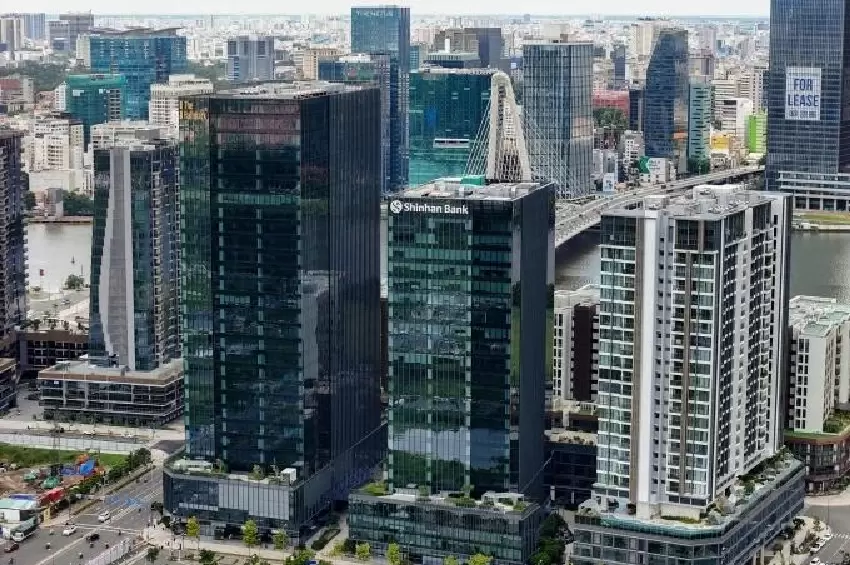Vietnam's Strategic Location and Economic Growth Drive Luxury Real Estate Boom
The allure of Vietnam's luxury real estate market is driven by the country's rapid economic growth, which not only boosts demand for property but also promises capital appreciation, according to the Asia Pacific Horizon by U.K.-based consultancy firm Knight Frank.

Vietnam's strategic location in Southeast Asia, coupled with recent government reforms in foreign property ownership regulations, has attracted a growing expat population. This aligns with broader cross-border trends, where affluent buyers from Asia seek luxury properties in emerging markets with high rental yields and strong growth potential.
Buyers include overseas Vietnamese, South Koreans, Japanese, and Chinese who are drawn to the country by expectations of further price increase. Investors favor apartments in HCMC and Hanoi for their proximity to business hubs and vibrant social experiences, while resort locations such as Nha Trang or Da Nang are popular to those looking for a laid-back and coastal lifestyle.
Property businesses ranked second in terms of pledged foreign direct investment in Vietnam in the first 10 months, reaching $4.41 billion and accounting for 18.7% of total investment, according to the General Statistics Office. Another report by property consultancy Avison Young Vietnam shows that Hanoi average apartment price in the third quarter was $2,500-3,500 per square meter, while rates were between $3,000 and $5,000 in HCMC.
"As global wealth shifts and geopolitical landscapes evolve, affluent individuals are seeking prime residential hotspots that provide both lifestyle benefits and financial security," said Kevin Coppel, managing director of Knight Frank Asia-Pacific. Markets like Singapore, Japan, and Australia continue to attract the world's most discerning investors, offering not only strong economic fundamentals but also exceptional quality of life, infrastructure, and mobility.
"In this rapidly changing environment, Asia-Pacific remains a key destination for those looking to secure their wealth and future-proof their legacy," Coppel added.









Comments